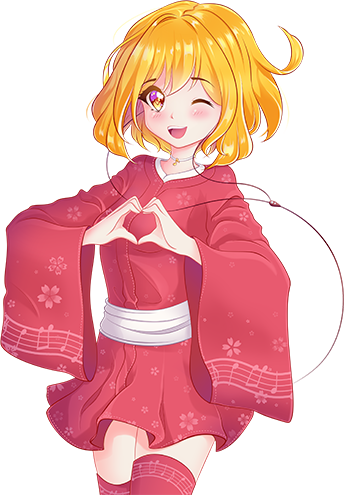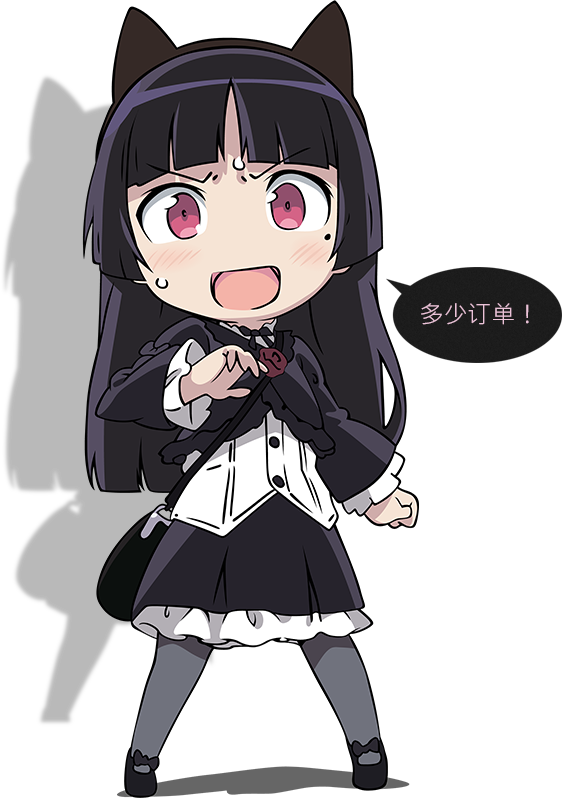艺术家

Aco
japanese, trip-hop, electronica, electronic, j-pop
ACO is a Japanese singer specializing in a wide range of genres, including pop, downtempo, jazz, trip-hop, and electronica. She was born in Aichi Prefecture in 1977, and she released her breakthrough single Fuan Nano (不安なの) in 1995. The song, done in a summery pop style, was a moderate success and her debut album, Kittenish Love followed soon after in early 1996.
By the end of the year, ACO was back in the studio recording her second album, NUDE, which was released exactly a year after her debut. The album picked up where her debut left off, continuing with the jazz-pop style she was known for. The best-known single from this era was DROP, which combined hip-hop elements with ACO's leisurely vocals. By 1998, ACO had begun moving away from the predominately upbeat sound that launched her career, introducing some darker and more dramatic elements into the mix for her third album, Lady Soul. The album spawned the singles CATWALK and Yawarakai Hada (やわらかい肌), which did little to reflect this creeping style change.
In the winter of 1999, ACO released Absolute Ego, her fourth album and the work that many see as the turning point in her career. No longer singing the songs of a teenage pop idol, ACO introduced trip-hop and electronica elements into her style and began experimenting with her vocals as well. Critical response to the album was overwhelmingly positive. Absolute Ego produced four singles, among them SPLEEN and Yorokobi Ni Saku Hana (悦びに咲く花). A remix album, titled The Other Side Of Absolute Ego, followed in early 2000. It featured collaborations with the likes of DJ Krush (whom ACO collaborated with on his own Tragicomic), Tricky, and Yoshinori Sunahara. A live DVD called Absolute Live was also released.
In 2001, ACO presented her fifth studio album, Material. This album moved even further into her new electronica style, and contains some of her darkest music to date. Singles released included Hoshi No Kuzu (星ノクズ), which featured an Alice In Wonderland-styled PV, and 4gatsu No Hero (4月のヒーロー). The album also included a haunting cover of This Woman's Work by Kate Bush.
ACO's sixth album, irony, followed in 2003. Collaborating with Icelandic electronica band múm and avant-garde artists portable[k]ommunity, the album explored minimalist electronica through the use of layered vocals and delicate microbeats. The album drew comparisons to Vespertine by Björk and produced one solitary single, titled Machi (町).
A new mini-album, Mask, was released in early 2006. It explores a neo-electroclash sound, including a brash recut of Fuan Nano to mark the song's tenth anniversary. During this time, she collaborated with Taeji Sawai and his band Golden Pink Arrow. The songs, which are available through Sawai's website (www.taeji.org), have not yet seen a commercial release. In 2007, she released her first greatest hits album, ACO BEST ~Girl's Diary~, a two-disc compilation featuring all her singles from 1995-2006.
In 2010, ACO returned with Devil's Hands, her first new release since ending her short hiatus. In yet another genre shift, it departs from the electropop of Mask to focus on pop-rock and soft ballads. The moody and piano-driven LUCK followed in 2012.
资源: last.fm |










